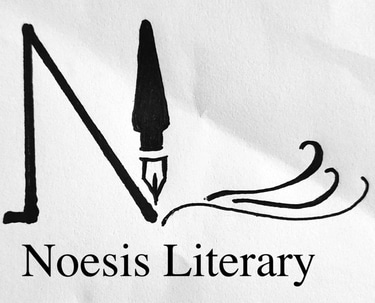Call for Papers
Call for Papers Volume 3, Issue 1 (Jan-Jun, 2026)
(General issue)
Noesis Literary is a biannual double-blind peer-reviewed Interdisciplinary International Journal in the fields of humanities and social sciences. Published by the Department of English, Nowgong Girls' College the journal is dedicated to promoting Interdisciplinary scholarly research on humanities and social sciences for disseminating critical interventions on issues related to society, culture, and the human condition. The complexities of the contemporary human condition cannot be comprehended from a singular, insular, and totalizing position; rather an Interdisciplinary approach to address the power relation of socio-cultural discursive formations should constitute the central axis of research in the fields of humanities and social sciences. We, therefore, encourage scholars to engage in Interdisciplinary perspectives in areas related to society, culture, human and beyond. We invite scholarly articles from researchers, teachers, and students highlighting high standards of research on areas deserving of critical interventions in contemporary times.
Call For Papers for Noesis Literary Volume 3 Issue 1 (Jan-Jun, 2026)
Our submission window for Volume 3, Issue 1 will open on January 1. The submission window will close on March 31, 2026.
Please check our submission guidelines before submitting your paper
Submission email: editor@noesisliterary.com


